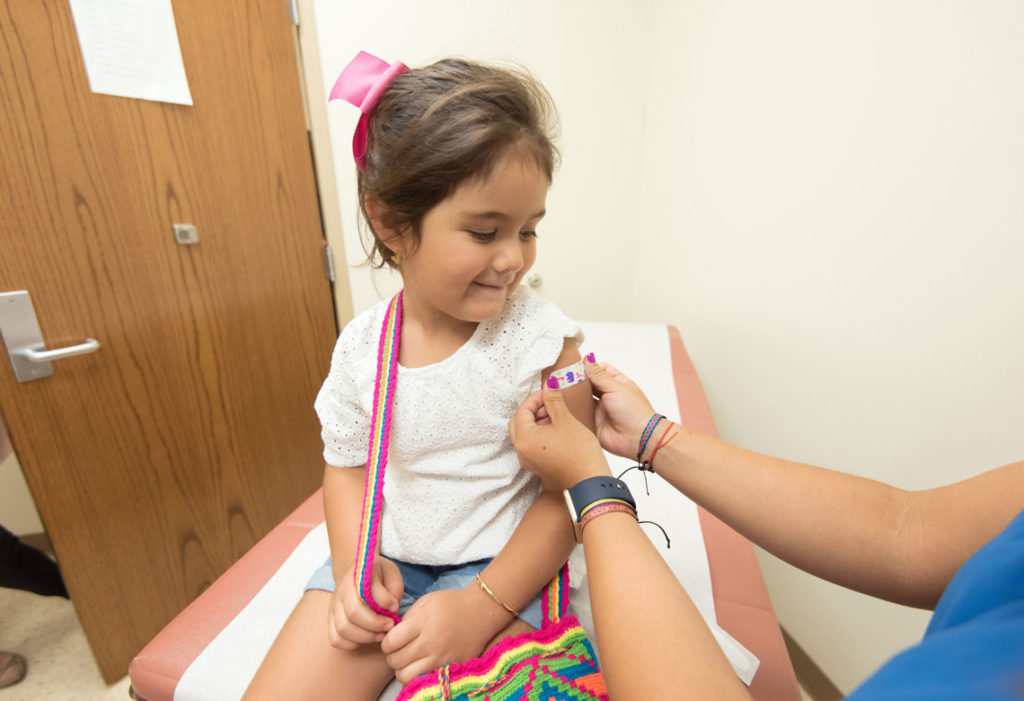
Hospitalisation and medical procedures can be stressful and upsetting for children of all ages.
As a parent, you can take steps to prepare your child for what they can expect before they ever set foot in a hospital or doctor’s surgery.
Preparing children beforehand can reduce their anxiety and help them to cope with the experience and feel more confident and trusting of the process.
Answering your child’s questions
The following questions have been identified in research with children as being the most important for a child to know:
“What will happen to me?”
Children should be provided with detailed age-appropriate information about what the procedure will be like and how their stay in hospital will be. Information about what the hospital will look like, who they are going to meet and why they are going to hospital can all be helpful for preparing a child.
The extent of the information you can provide will depends on individual circumstances but where possible, answer your child’s questions honestly and seek out information that will put them at ease in this regard.
“How will I feel?”
It is important that children are given information regarding how they might feel during the procedure or during their stay in hospital. This could include answering questions about whether a procedure will hurt, what it will feel like to have a canula inserted or put under aesthetic, or if they might feel scared or lonely at times.
These questions should be answered honestly so that children can prepare themselves for the reality of the situation. If a child thinks something will not be painful and it is, this can be more distressing.
“What can I do to feel better?”
Children want to know what they can do to help themselves to cope with the experience. You can support your child’s coping abilities in several ways:
(1) encourage deep breathing and other relaxation techniques like imagining a happy place;
(2) distract your child with their favourite toys or games, or by using humour;
(3) draw on your child’s memories to empower them – get them to think about times in the past when they were able to cope well with pain or adversity.
What can you do to support your child?
- It is understandably a stressful experience when your child is going into hospital or undergoing a medical procedure. Where possible, try to manage your own distress as children often take cues from their parents about how they should feel in a given situation.
- Every child is different; you should be led by the needs of your own child in terms of deciding what information to give them or how best to support them.
- Although as a parent you want to reassure your child that everything will be all right, too much reassurance can make your child feel like there is really something to worry about. Distraction, praise, humour, breathing techniques and play are more likely to decrease your child’s distress.
- Privacy is a particularly important concern for adolescents. Things like knocking before you enter their hospital room, being mindful of who is in the room during sensitive procedures or examinations and designating private times when your child will not be disturbed, can all help with giving your child more control over their own privacy.
Written by: Catherine O’Sullivan (Childline Volunteer)
